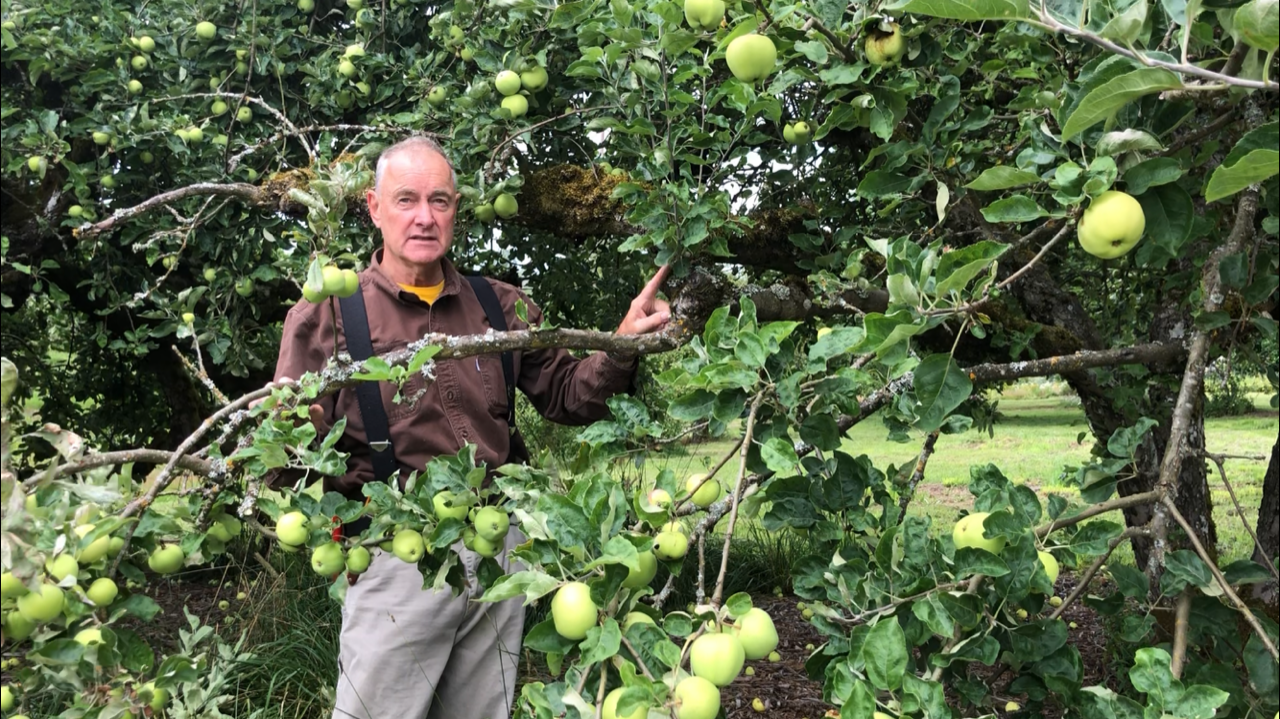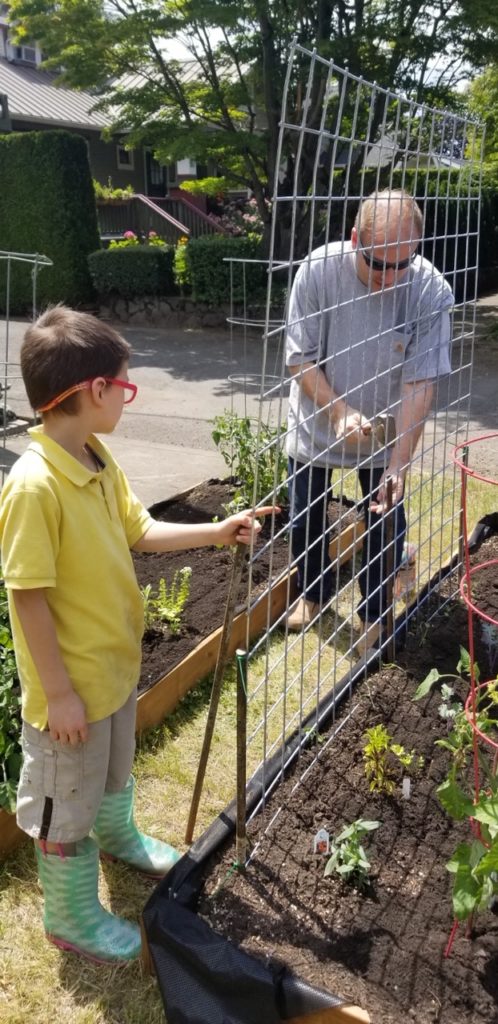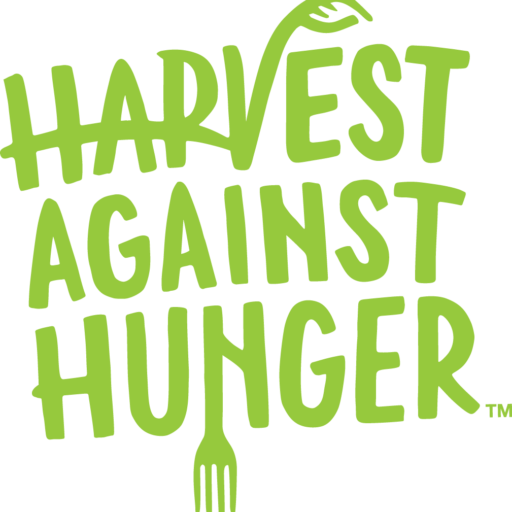
Opportunity through Forced Creativity
08 Jul 2020, by Admin in Harvest Blog, Washington state, Slow Food SW WAHarvest Against Hunger VISTA Lynsey Horne serves as program coordinator of Urban Abundance, a program of Slow Food SW WA in Vancouver, WA. Slow Food SW WA is an international organization that advocates for good, clean, fair food for all, and their program Urban Abundance’s mission is to engage neighbors in the maintenance, harvest, and creation of edible landscapes that are accessible to everyone. Urban Abundance is currently partnered with five fruit tree orchards in the Vancouver area to coordinate the seasonal maintenance, harvest, and donation of the fruit to the food bank, and holds workshops and other events throughout the year to engage community members in their own food sovereignty.
Going into 2020, Urban Abundance’s plan for the year was very cut and dry: continue with orchard maintenance/pest prevention work parties through June, take a month off to plan and organize Pick-a-Pear-a-thon, rock out the big fundraiser and the remainder of harvest season through October, focus on fundraising and resource development opportunities throughout it all, and train a next generation of dedicated volunteers to further their mission of building publicly accessible edible landscapes throughout the community.
Harvest VISTA Lynsey Horne wouldn’t say these plans were completely ruined, just that COVID-19 has made the organization’s planning and execution be much more creative with how they fulfill their goals. Back when quarantine first went into full effect, this adaptability took the shape of a seed-sending campaign to get vegetable, herb, and perennial seeds to anyone who wanted them in a bid to encourage home gardens while everyone was staying at home.
The seed campaign morphed into developing a program around “Resiliency Garden Kits,” where folks could send a photo of a location on their property that they wanted to cultivate into a publicly accessible vegetable garden, prep their beds, and they’d receive vegetable starts, compost, trellising, tomato cages, and tools to cultivate their space. Over the past few months, Urban Abundance and their parent organization, Slow Food SW WA, have installed four sites and have two more applications pending.
Community Gleaners course, initially planned to take place in community classrooms in Vancouver, went online through Zoom. At the outset, Lynsey was afraid that the digital format wouldn’t provide as much opportunity for community-building, but the class has been very successful and after their Spring Series, the 15 participants are already eager to start “paying back” their 20 hour volunteer commitment.
Another typically in-person Urban Abundance program to go digital was their summer fruit tree care work party series. Lynsey and an Urban Abundance core volunteer, Paul Stasz, have been filming summer fruit tree pruning, weeding, and other videos related to encouraging fruit trees to develop the best possible fruit to wrap up the Spring Series of their Community Gleaners webinars.
In all, the new digital platform of webinars and lessons provides great opportunity for capacity building in organizations. Recordings and videos from this year will be accessible through Urban Abundance to folks interested in learning more about fruit trees, food justice, and food sovereignty for many years. In the realm of organizational sustainability, maybe the forced creativity to adapt to unprecedented circumstances has provided solutions that we wouldn’t have realized otherwise.



